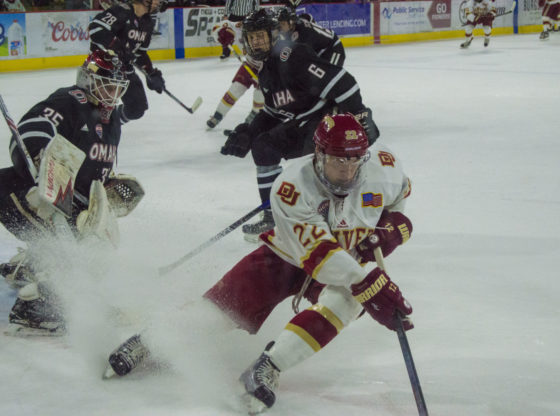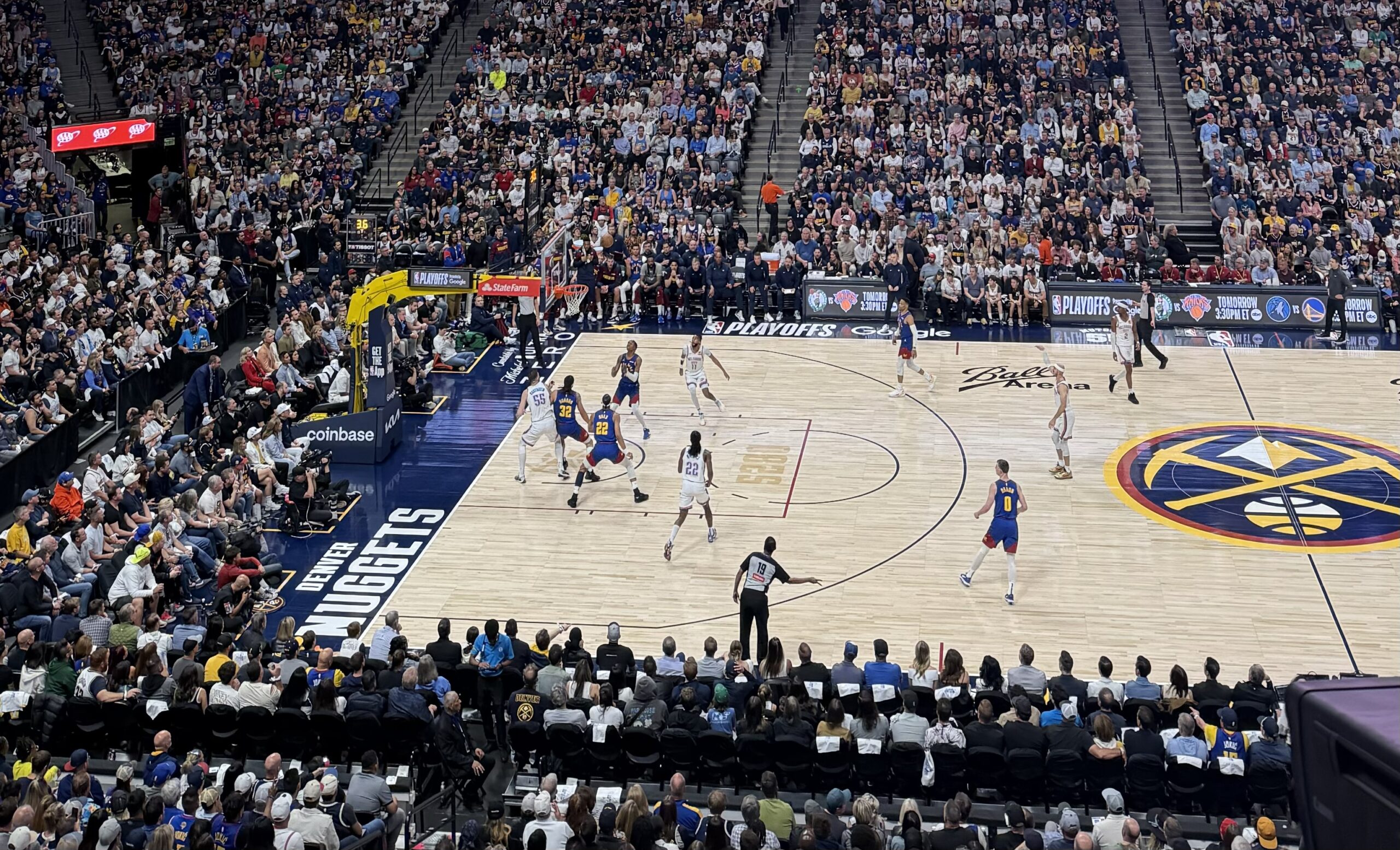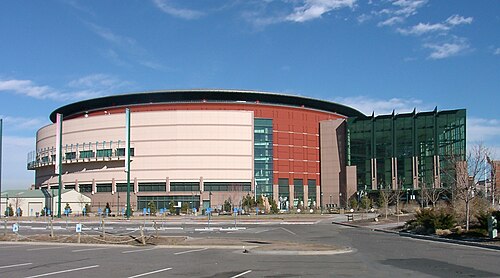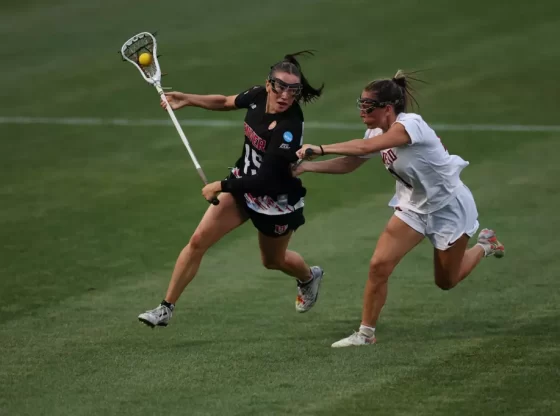Club sports at the University of Denver have taken a massive hit since the beginning of the COVID-19 pandemic in March 2020. Whether they manifest as dwindling participation numbers, faulty turnover or overall lack of awareness about club sports, COVID-19 impacts are frequent and significant.
Due to the severity of limitations on club sport practices and events that took place in 2020 and 2021, the current participants are primarily first- and fourth-years at DU. The growing age gap exacerbates confusion within the organizational foundation of club sports teams: the mentor-mentee module is disrupted, leading to disarray surrounding practices, competitions and overarching expectations within the sport.
Avery Thiemann, a first-year and officer of DU’s Alpine Club, was surprised by the existence of a few specific club sports.
“I didn’t even know there was a club cycling team until the beginning of Spring Quarter,” Thiemann said, “and I was looking for a way to get more into cycling. I got a bike as a graduation gift and it has been sitting outside all winter.”
Such sentiments are not uncommon among DU students, alluding to the broad extent of COVID-19’s detriments on campus. Club sports such as figure skating, ultimate frisbee and cycling have experienced dwindling participation numbers on a massive level, exemplified specifically in the near disappearance of intramural sports.
First-year Charlotte Marboe, the secretary for Club Frisbee, spoke on the impending responsibilities and challenges of younger leadership. Without a manager mentor, officer roles in club frisbee fell entirely onto a group of first-year students both utterly unprepared and ill-suited to fill this role.
“Because our seniors are leaving, Olivia [Rathsack] and I will be the only officers on the Club Frisbee team next year, and we have to figure out how to run things smoothly before they leave,” Marboe said.
As an outdoor-focused club that leads camping, hiking, mountain biking, climbing and backpacking trips for DU students, the Alpine Club has experienced quite the opposite compared to sports clubs.
“We had to rent a bigger car for our Rim Rock day hike because of the increase in interest,” said first-year Alpine Club officers Finn Soderstrom and Cat Malatesta. “Kids are simply stoked to be outdoors.”
Conflicting reports of club sports participation shed light on how organizations market themselves to potential new members. Alpine Club, being the largest club at DU, has accumulated the funds to provide students with merchandise items such as t-shirts and water bottles, a seemingly insignificant form of advertising that has been wildly successful at raising awareness for club events on campus.
“Students love being a part of something bigger than themselves, especially when it involves going on adventures outside,” says Malatesta.
Contrastingly, other club sports on campus, such as Club Cycling, say they rely on word of mouth as their principal form of advertising. Because of the nearly three years that club sports significantly lacked participants and events, students were not made aware of club competitions and ongoing events. This could have happened through either social media and word of mouth.
John Collins, president of DU Club Cycling, gave additional insight into the faults in the Club Cycling administrating as a result of COVID-19.
Amy Rask, the student programs manager in 2019, knew everything. She had club sports down to a tee. Everything was running really smoothly. When she was laid off because of COVID, club sports had no administration for the 2020-21 school year. Until the election of the new student programs manager in fall 2021, there was no administrative voice in club sports at all” said Collins.
With no administrative director from 2019 to late 2021, the Club Sports Executive Council (CSEC) was responsible for the majority of the administrative decisions. This council usually serves as an aid to the student programs manager. Without the manager, however, this role fell entirely onto a group of students both utterly unprepared and ill-suited to fill this role.
Specific examples such as the experiences in Club Cycling and Frisbee serve to illustrate a larger, systemic issue that, if not resolved, will be catastrophic to the future of club sports.










